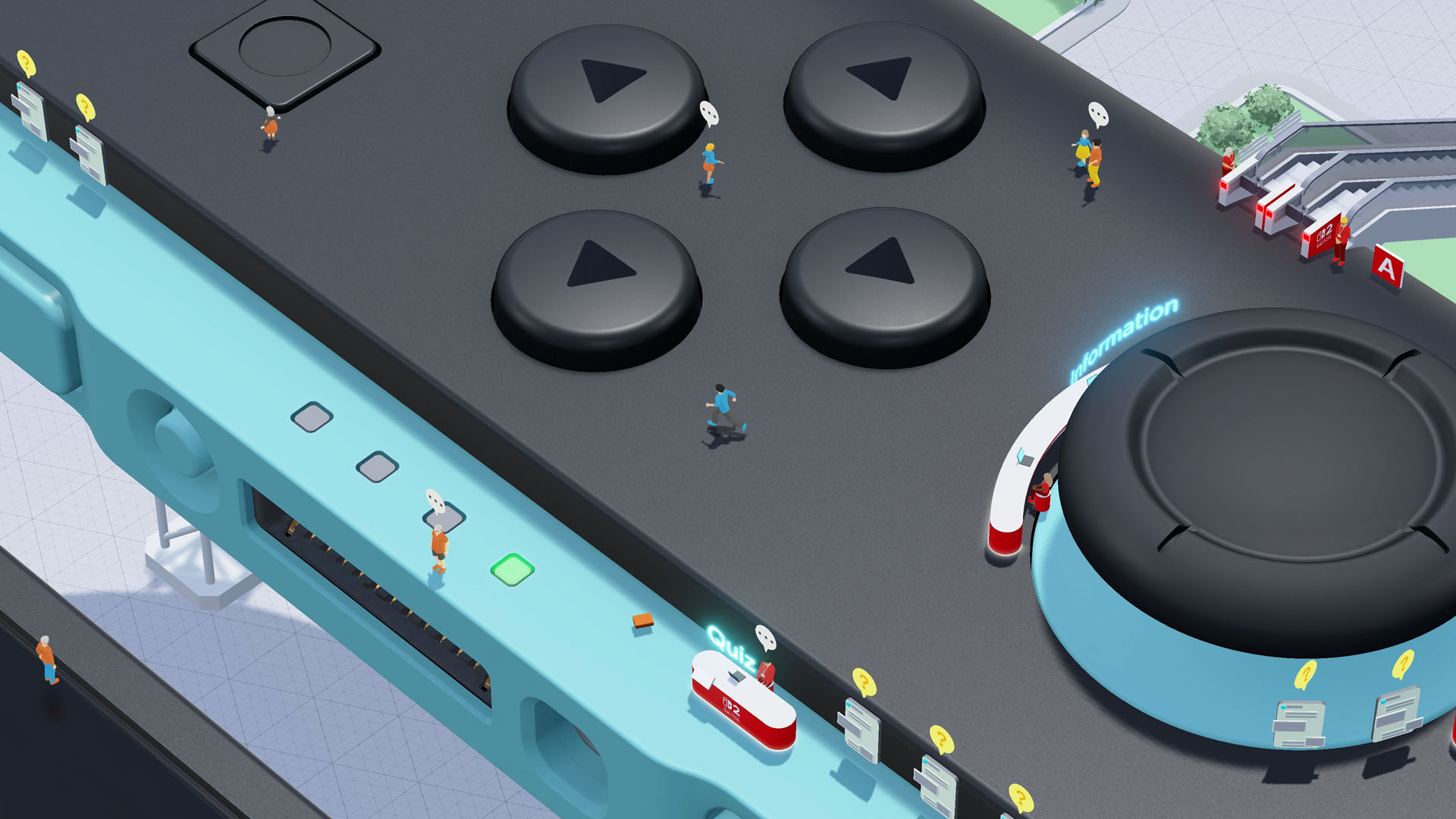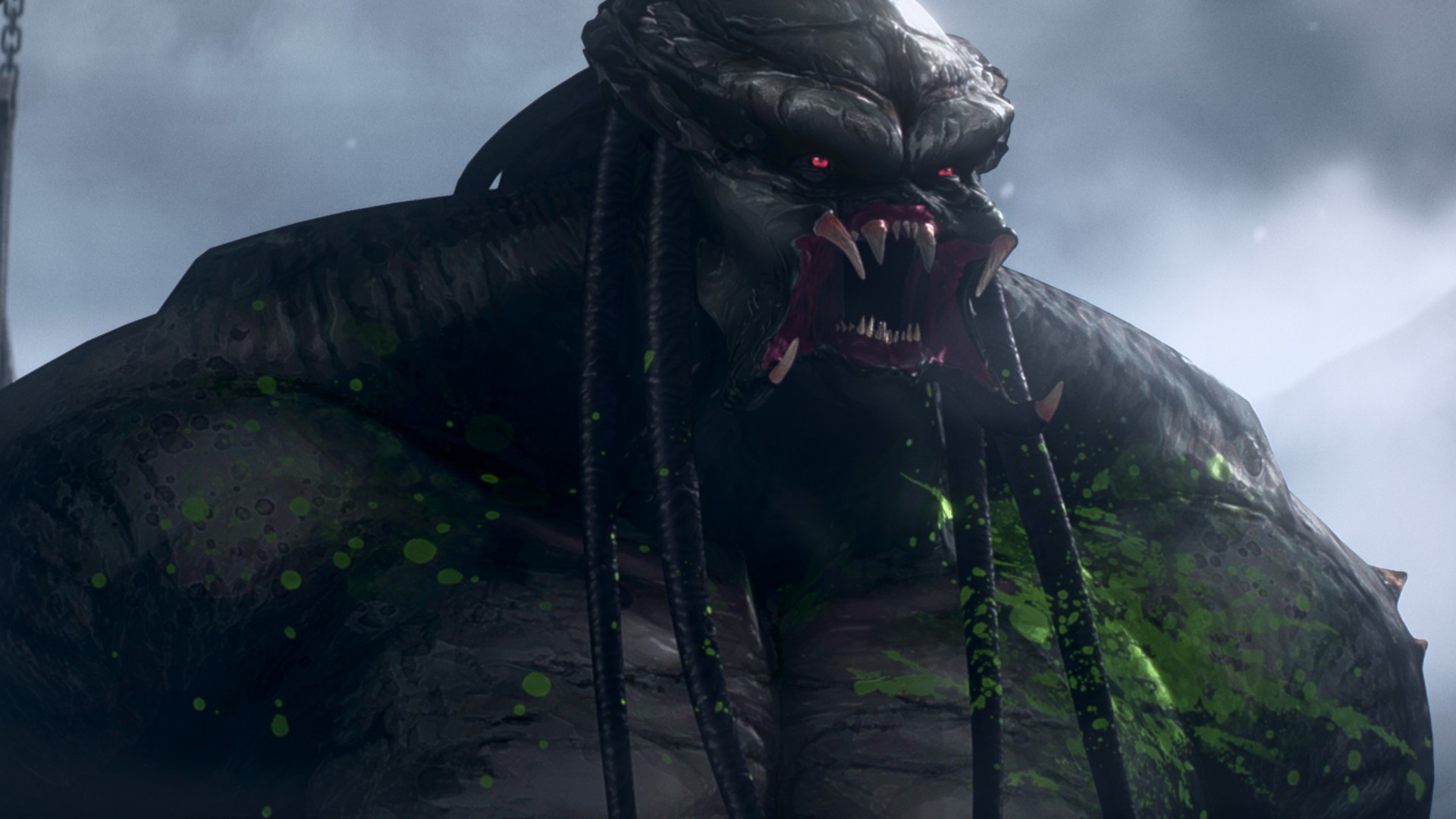Castlevania's Igarashi exits Konami; the Japanese indie revolution is in full swing
The indie scene is, in a word, bustling. A quick skim of Kickstarter or the front page of Steam makes a compelling case for the rise of indie success leading up to 2014, which shows no sign of slowing down. And it's not made up entirely of new faces, either--AAA devs have b༒een leaving big publishers to form small studios for a few years n🍰ow, resulting in games like Tiny Brains, Mark of the Ninja, and Gone Home, made by developers who previously worked on Dead Space, Assassin's Creed, and Far Cry 3 respectively. Now, it looks like the Japanꦇese development community might be joining in on the indie uprising.
Today, it was revealed that quietly late last year, and was foll🎶owed by chief executive Shuji Utsumi. Mizuguchi co-founded the company in 2003, served as the director of Child of Eden, and produced Every Extend Extra and Meteos. Q Entertainment was recently invested in by Sanyo Chemic𒀰al Industries (a company usually involved in plastics and stuff), which some say is related to the duo's departure. It's possible that the two game creators didn't like the fate of their business being controlled by a chemical company.

And they're not alone; Koji Igarashi, the producer of the Castlevania se🌟ries, has announced that he where he hopes to have more control over his🌳 games. "I hope all the gamers and fans who have supported me in the past will join me in being excited about what comes next," he said in a public statement. "Wish me luck."
It's starting to look like a trend, isn't it? Especially when you mix in Keiji Inafune leaving Capcom to develop two separate spiritual successors to Mega Man🃏, and Yasumi Matsuno jumping from Square-Enix to Level 5 to Playdek to create the new tactical RPG Unsu🀅ng Story. Others have made the jump as well, following Western developers' recent trend of ditching their publishers and existing franchises in favor of creative freedom.
This shouldn't come as a surprise--Japanese publishers are notorious for their ref🍨usal to take risks, and developers are often prevented from trying new things. After Inafune left Capcom, ♍, with a mandate that 70-80% of the titles produced should be sequels to previous franchises. He said that he defied the company's wishes by developing Lost Planet and Dead Rising, games that he thinks "saved the company."

This sort of mindset is the kind that leads to influential figures like Inafune (and Igarashi and Matuno) to want to go indie, and that's… not a bad thing, honestly. Sure, it's unfortunate for the big publishers (and part of a larger, 澳洲幸运5开奖号码历史查询:fairly regular cycle), but the exodus of creative minds from corporate structures is actually not an unhealtꦫhy sign for the industry.
While it's a shame to see these developers exit the companies that made them famous, it's exciting to see what they might come up with, and I'm personally excited to see all the stuff they'll do when no one's holding them back. For too long, Japanese developers have been a victim ofꦏ their publishers' hesitance to take risks, but with these figures jumping into the indie scene we might see the indie revolution go global in the best way possible.
Sign up to the GamesRadar+ Newsletter
Weekly digests, tales from the communities you ꦓlove, and more
Hollander Cooper was the Lead Features Editor of GamesRa🎉dar+ between 2011 and 2014. After that lengthy stint managing GR's editorial calendar he moved behind the curtain and into the video game industry itself, working as social media manager for EA and as a communications lead at Riot Games. Hollander is currently stationed at Apple as an organic soc𒀰ial lead for the App Store and Apple Arcade.



